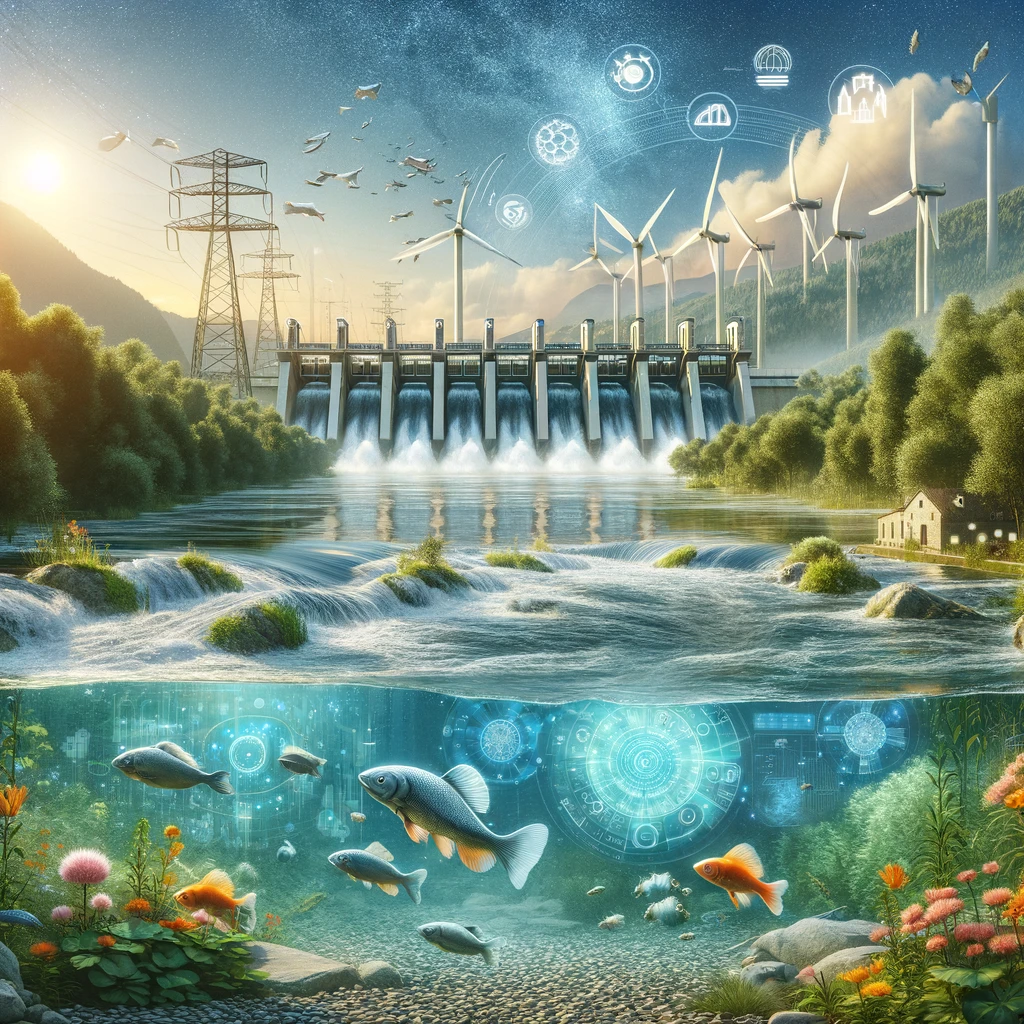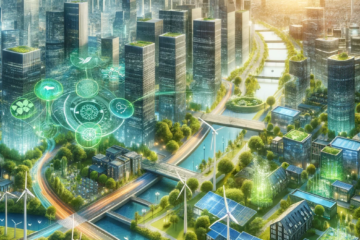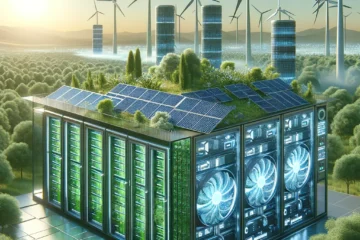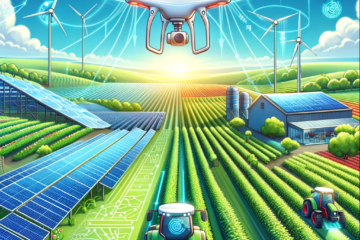Our planet’s perpetual quest for clean and reliable energy has sparked a sustainable surge in the field of renewable power sources, with hydropower standing as a crucial element of this eco-friendly arsenal. This article delves into the current innovations in hydropower technology, exploring the untapped potential of water as an energy source, the emergence of next-generation turbines, the drive to reduce environmental impact, improvements in water efficiency, the synthesis with smart grid systems, and the prospects for future hydropower advancements.
Unveiling Hydropower’s Potential
Hydropower is one of the most seasoned yet still one of the most promising forms of renewable energy. By harnessing the kinetic energy of flowing water, it presents an opportunity for continuous, large-scale electricity generation. Despite its long history, the potential of hydropower remains vast, especially with emerging markets and the need for grid stabilization in renewable energy systems. With the global demand for energy escalating, hydropower stands as a beacon of sustainability, offering a low-carbon alternative that could significantly contribute to meeting international climate goals while providing a stable power supply.
Next-Gen Turbine Technologies
The heart of hydropower innovation lies in the development of next-generation turbine technologies. New designs like the Archimedes screw turbine and the hydrokinetic turbine allow for operation in a variety of water conditions, including low head and run-of-the-river scenarios. These turbines are not only more versatile but also aim to enhance efficiency and longevity, thus reducing operation and maintenance costs. Moreover, novel materials and computational fluid dynamics modeling are leading to turbines that can withstand harsh environments, minimize wear and tear, and cater to unique hydropower settings.
Minimizing Environmental Impact
One of the primary criticisms of traditional hydropower has been its environmental footprint, particularly concerning ecosystems and waterway health. Innovations in hydropower technology are now focusing on mitigating these impacts through fish-friendly turbine designs, improved fish passage systems, and sediment management strategies. These advancements are crucial for reconciling energy generation with ecological preservation, ensuring that the pursuit of renewable energy does not come at the cost of biodiversity and natural habitats.
Advancements in Water Efficiency
Efficiency in water use is pivotal for sustainable hydropower. Cutting-edge technologies are optimizing the water cycle within hydropower plants to ensure that each drop contributes maximally to energy production. This includes refining turbine operation to maximize flow efficiency and minimize water wastage. In addition, the use of predictive analytics and real-time data monitoring allows operators to adjust to changing water conditions, thus maintaining optimal performance without overtaxing water resources.
Integrating Smart Grid Systems
The integration of hydropower into smart grid systems is a game-changer for the energy landscape. By coupling hydropower plants with advanced control systems and grid connectivity, there is potential for real-time energy management and better integration with intermittent renewable sources like solar and wind. Hydropower’s inherent capacity for storage and quick ramping up or down makes it an ideal complement to a smart grid, providing grid stability and adaptive response to fluctuating energy demands.
The Future of Hydro Innovation
Looking forward, the horizon of hydro innovation is expansive. Emerging trends include small-scale and micro hydropower solutions that can serve remote communities, the exploration of ocean and tidal power, and the potential for floating solar panels on reservoirs to create hybrid systems. Research and development are also veering into the realm of artificial intelligence and machine learning, which could further optimize hydropower operations and predictive maintenance, heralding a new age of efficiency and sustainability in water-based energy generation.
The surge in sustainable hydropower technology represents a transformative movement towards a cleaner, more robust, and ecologically harmonious energy future. As innovations continue to unfold, they affirm hydropower’s significant role in the global renewable energy portfolio. The ongoing refinement of turbines, heightened environmental consciousness, water efficiency improvements, smart grid integration, and forward-thinking research promise to keep hydropower at the forefront of the sustainable energy narrative, poised to meet the challenges of a dynamic and demanding energy landscape.




